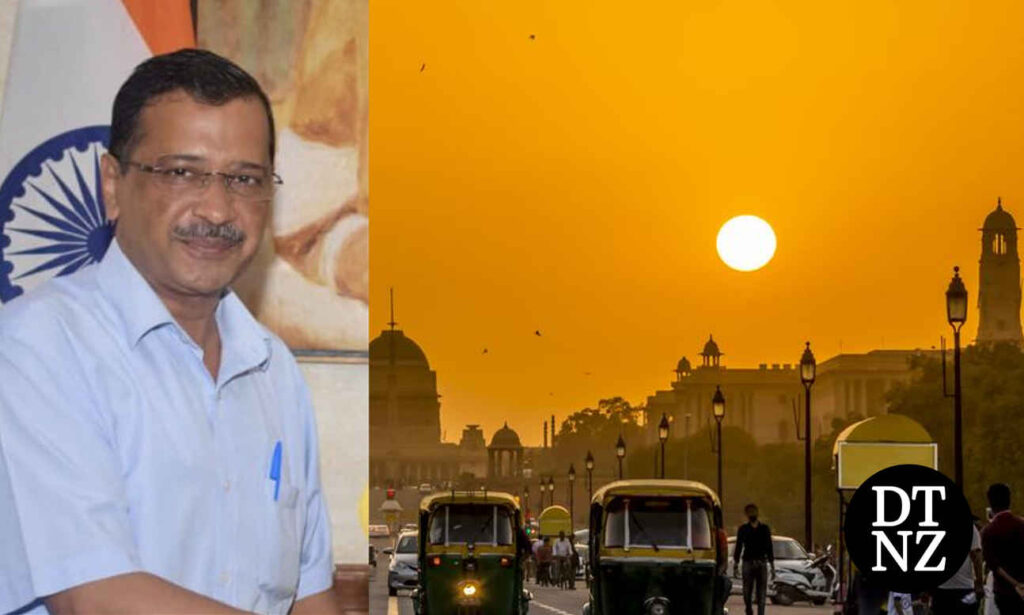
Arvind Kejriwal, a major Indian opposition figure, has vowed to govern the capital from prison.
An Indian court on Monday remanded Arvind Kejriwal, Chief Minister of Delhi and the leader of the opposition Aam Aadmi Party (AAP), to judicial custody until April 15. The politician was arrested on March 21 by the Enforcement Directorate (ED), an agency that probes corruption cases, over charges of selling liquor licenses and receiving kickbacks from private vendors, and remained in custody until Monday. After a court ruling, Kejriwal was shifted to the high security Tihar jail in the country’s capital, where he will stay for the next two weeks.
In the latest hearing, the ED argued that Kejriwal was not cooperating with the agency and had refused to divulge passwords to his digital devices, NDTV reported. The agency indicated that it may request to keep the chief minister in custody. The development comes days before the general elections begin in the country of 1.4 billion people, of which over 970 million are eligible to vote between April 19 and June 1.
Kejriwal and his party have denied all charges and condemned the arrest as a “political conspiracy.” Meanwhile, other senior leaders of his party, including the former deputy chief minister of Delhi Manish Sisodia, member of parliament from AAP Sanjay Singh and former Delhi home minister Satyendar Jain are being kept in the same jail. While Sisodia and Singh were detained in connection with the same case as Kejriwal, Jain was arrested in a separate money laundering case.
Protests staged by the AAP broke out near the prison complex ahead of Kejriwal’s arrival there; campaign workers carried party flags and wore t-shirts that proclaimed ‘Main Bhi Kejriwal’ (I too am Kejriwal). Police officials told news agency PTI that security arrangements outside Tihar Jail have been enhanced to ensure that law and order is maintained.
AAP officials insisted that Kejriwal is refusing to resign despite his legal troubles, as he has only been charged but not convicted in the case. The party said he will continue to run Delhi while incarcerated. However, the decision to exercise such provisions lies with Lieutenant Governor Vinai Kumar Saxena, who last week said that the capital, which has the special status of a union territory and has its own legislative assembly and elected government, would not be run from jail, hinting that the national government may impose direct rule.
It is unclear if Kejriwal will be allowed an increased number of meetings to continue performing his duty – given that he would need to meet Delhi government officials and ministers. Current prison rules do not allow for this and would have to be changed, experts have pointed out.
India’s opposition parties have questioned the timing of Kejriwal’s arrest, which came days ahead of the start of the imminent general election, as AAP is one of the key members of the National Developmental Inclusive Alliance (INDIA), an opposition bloc that seeks to challenge the ruling BJP. Meanwhile, Germany and the US have commented on Kejriwal’s arrest, prompting angry reactions from New Delhi, which issued notes of protest and summoned diplomats.